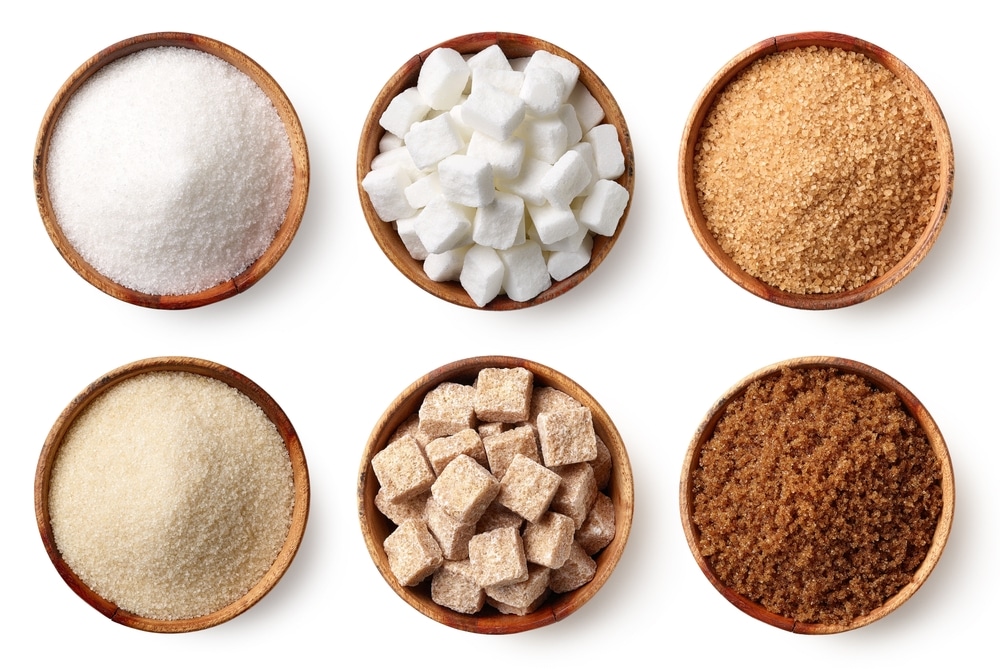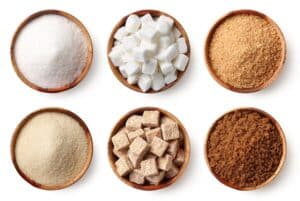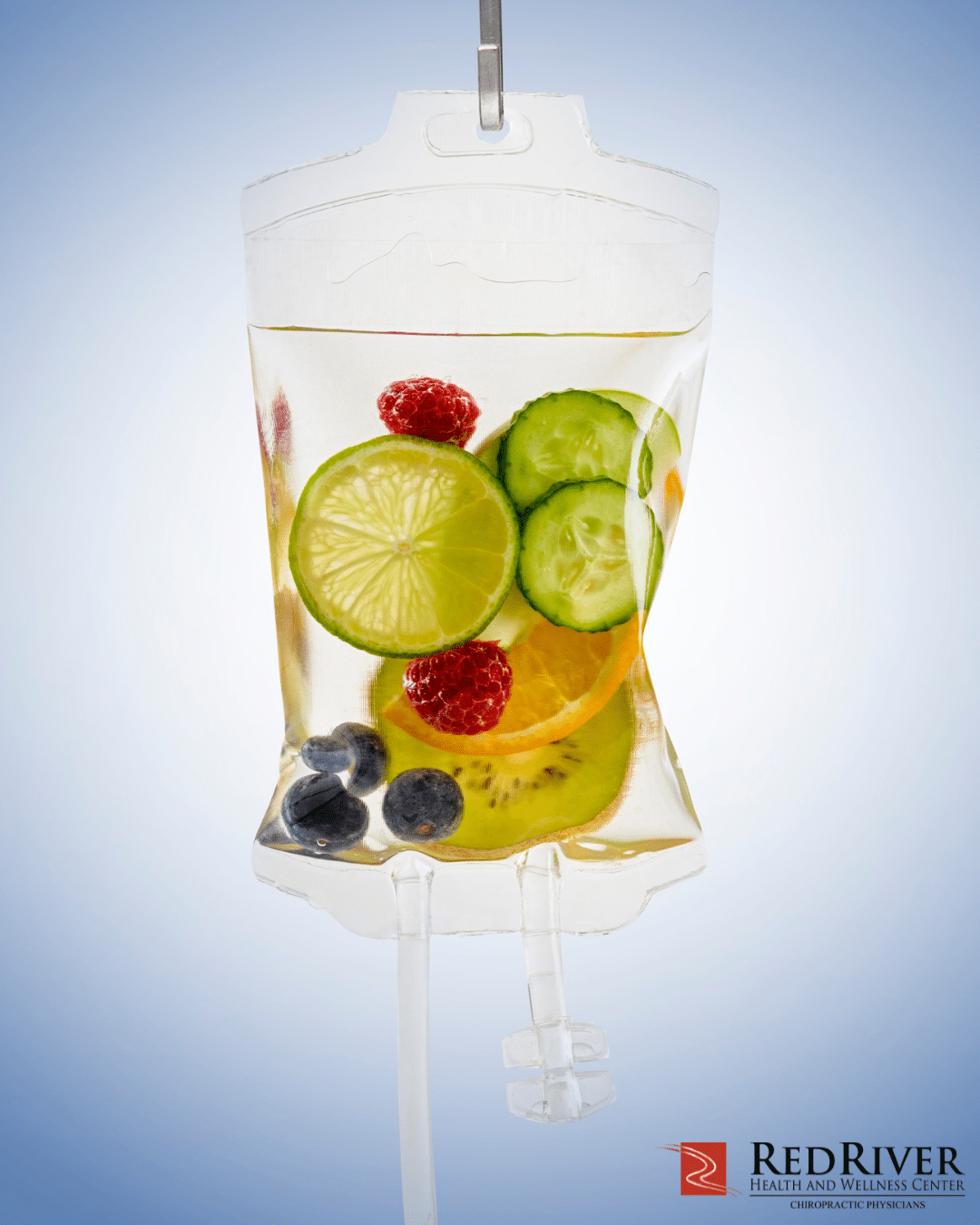ARE YOU AND YOUR FAMILY EATING TOO MUCH SUGAR?

By Dr. Josh Redd, NMD, MS, MAPHB, RedRiver Health and Wellness Center
 The rules around sugar can be confusing when all you hear is, “sugar is bad for you, eat less.”
The rules around sugar can be confusing when all you hear is, “sugar is bad for you, eat less.”
It’s important to understand the difference between natural sugars and added sugars.
Natural sugars are found in whole foods like fruits, vegetables, and dairy products. They are an intrinsic part of these foods and not added during processing. Examples of natural sugars include fructose in fruit and lactose in milk.
When you consume natural sugars in whole foods, you also benefit from the vitamins, minerals, fiber, and antioxidants.
Added sugars are added during processing or preparation. Even if they are “natural,” they’re still added (like honey, maple syrup, agave syrup, coconut sugar, etc.) Added sugars are commonly found in sugary drinks, baked goods, candies, and many processed foods like cereals, sauces, and condiments.
Added sugars are empty calories because they lack the nutrients in whole foods. Even if they’re natural, overdoing added sugars is linked to obesity, type 2 diabetes, heart disease, and dental problems.
Experts recommend consuming no more than 25 grams (6 tsp) of added sugars per day for women and about 37 grams (9 tsp) for men at a healthy weight. If you’re overweight or insulin-resistant, use less.
If you eat something sweet, I always recommend my patients eat some protein, fiber, and/or fat first to slow the uptake of sugar into the bloodstream so you don’t get a blood sugar spike and then crash.
Not all sugars are inherently bad, and natural sugars found in whole foods are generally considered healthier options compared to added sugars. The natural sugars in whole foods are typically accompanied by fiber, vitamins, minerals, and antioxidants that provide health benefits. However, it’s still important that sugars, whether natural or added, are consumed in moderation as part of a balanced diet.
Read food labels and be mindful of the sources of added sugars in your diet. Reducing your intake of added sugars can have various health benefits, including lowering the risk of obesity, type 2 diabetes, heart disease, and dental problems.
To reduce added sugar intake in your children’s diets, it’s essential to read food labels, choose foods and beverages with little or no added sugars, and offer whole, minimally processed foods as much as possible. Encouraging healthy eating habits from a young age can have a positive impact on children’s long-term health and well-being.
Consider the differences in added sugars in the products below:
Added sugars in common kids’ food products:
Ketchup (1 tbs)
Heinz – 5 g
vs.
Primal Kitchen Organic Unsweetened – 0 g
Yogurt (5.3 ounces)
Stonyfield Organic Blueberry – 9 g
vs.
Nancy’s Probiotic Whole Milk Yogurt – 0 g
Culina Plant Based Coconut Yogurt Plain Unsweetened (dairy free option) – 0 g
Granola Bars (1 bar)
Natures Valley – 11g
Skout – 0 g
Salad Dressings (2 tbs)
Wishbone Zesty Italian Dressing – 3g
Primal Kitchen – 0g
Cereals (1 cup)
Honey Nut Cheerios – 12g
Purely Elizabeth – 0g
Energy drinks (8oz)
Gatorade 8 oz. – 14g
Coconut water – 0g
Lemonade (8 oz)
Newman’s Own Lemonade – 24g
Uncle Matt’s Organic Lemonade – 0g
Instant Oatmeal (one packet)
Quaker Kids Instant Oatmeal Strawberry Banana – 5g
Bob’s Redmill Organic Instant Oatmeal with Flax and Chia – 0g
To learn more about our services and to schedule a free consultation, please visit redriverhealthandwellness.com. We work with your prescribing physician for optimal results. Do not discontinue medication or hormone replacement therapy without consulting your prescribing physician.
Related Articles

Prescribing and Expanded Options New to RedRiver Health and Wellness
For years, Red River Health and Wellness has been known for helping complex, chronic, and…
[ READ MORE ]

How to age well — tips for longevity
Have you noticed that some older people are still able to stay active and lucid…
[ READ MORE ]

Too MUCH iron is inflammatory
When we think about iron and health, most people assume any iron disorder is iron-deficient…
[ READ MORE ]
